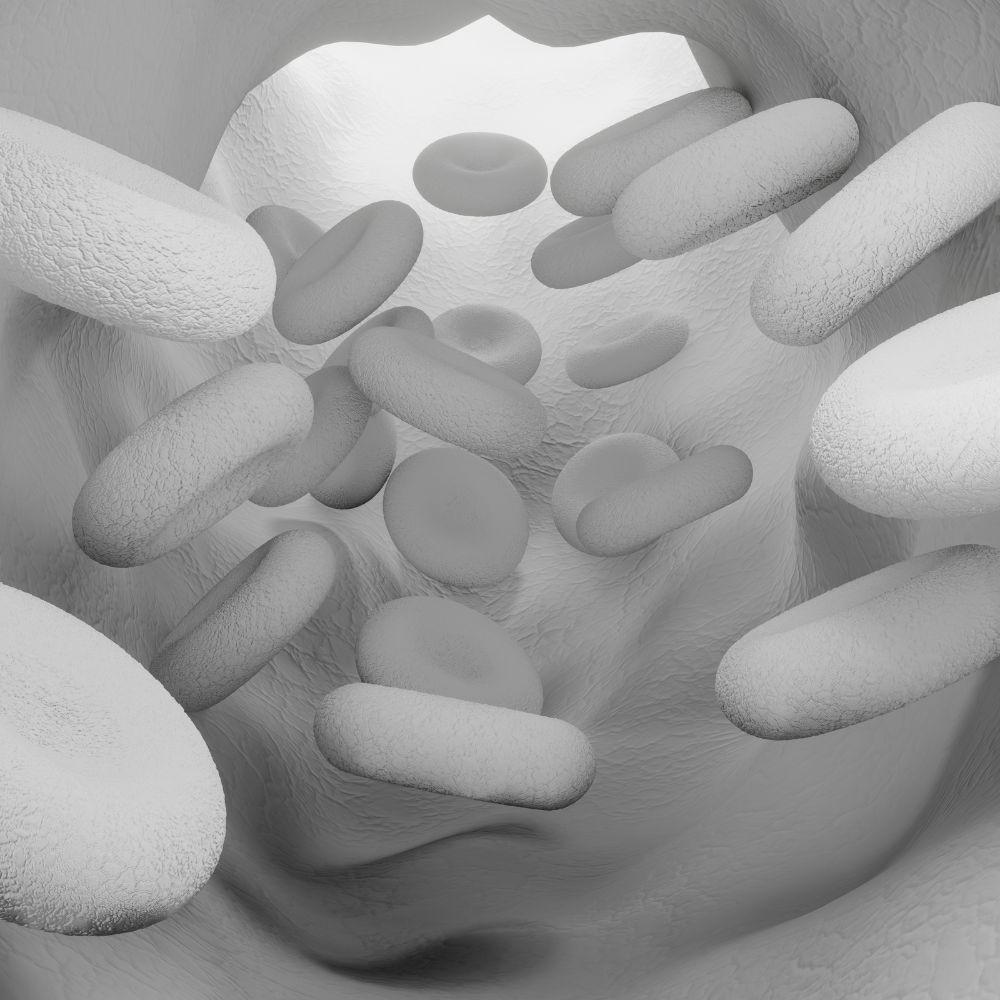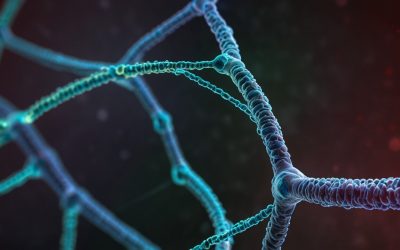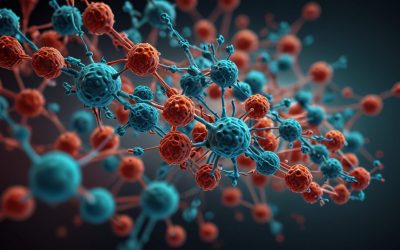You may not know it, but white blood cells are crucial for your body’s immune defense. These small cells help protect us from harmful bacteria and viruses. In this article, you will learn about the different types of white blood cells. As well as their functions, production, and their role in immune defense. We’ll take a look at some of the diseases associated with them. Thus, you can better understand how they work and why they’re important for keeping us healthy.
What Are White Blood Cells?
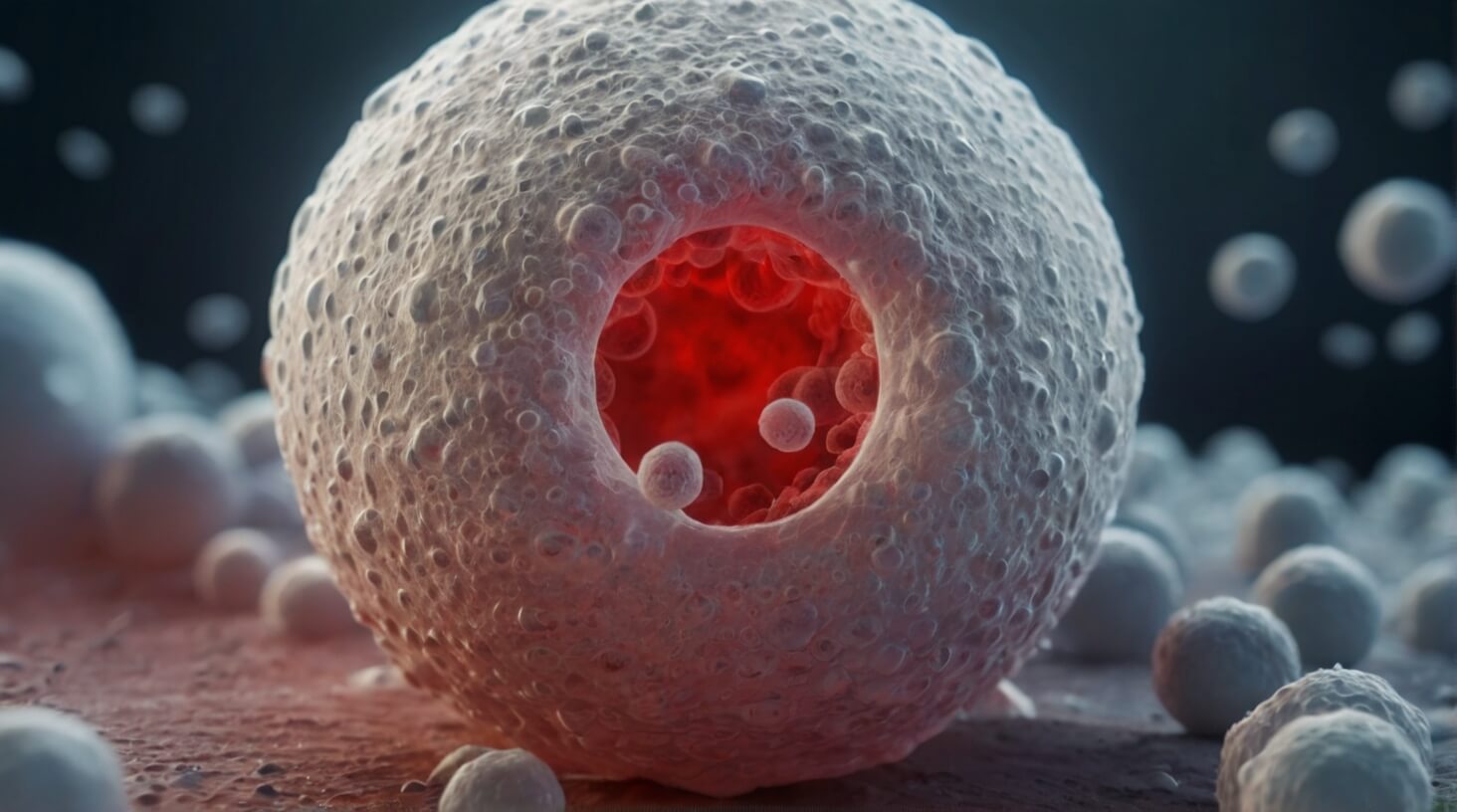
White blood cells, known as leukocytes, are essential for our immune system. They’re made in the bone marrow and travel through the blood to find and fight harmful stuff like viruses and bacteria. Leukocytes come in different types, and each has its job of protecting our body.
The most common type is neutrophils, and they eat up harmful microorganisms without hurting healthy parts. Other types like lymphocytes recognize invaders by their antigens. While monocytes clean up debris, basophils cause inflammation, and eosinophils help with allergies.
White blood cells team up with other parts of our immune system to keep us safe from dangerous germs. They react fast to new threats, helping us stay healthy and free from sickness.
Types of White Blood Cells
As far as you know, there’s more to your body than meets the eye – like all those different types of white blood cells in charge of guardin’ ya from invaders! All five specific types of white blood cells are essential for a healthy immune system. Eosinophils and monocytes are two important categories that make up this group of cells.
Eosinophils are a special kind of white blood cells that protect our body from bad things like parasites and allergens. They release chemicals that can destroy these invaders or tell other parts of the immune system to attack. Yet, monocytes are like scavengers. They travel in our blood to find and clear away dead cells or debris left by infections.
White blood cells are super important because they keep us safe from harmful germs and viruses. Without them, we would get sick so much easier. These special fighters can spot danger and start defending us, even if we don’t know it’s happening!
Functions of White Blood Cells
White blood cells (WBCs) are super cool cells that protect our body from infections. They fight off bad viruses and bacteria by eating them up, making antibodies. Plus, they bring more immune cells to where the infection is happening. WBCs can tell the difference between our cells and foreign invaders, so they only attack the bad stuff and leave our healthy cells alone.
One thing WBCs are good at is fighting viruses. They make antibodies that stick to the bad viruses and stop them from getting into our healthy cells. WBCs can even sense viral proteins and start an immune response to stop the virus before it spreads. This helps us get better faster when we have things like the flu or colds.
WBCs are like superheroes that can move fast through our bodies to get to places where there’s an infection or inflammation. This way, they can make sure there are enough of them to fight off any bad stuff in that area. They also make sure all parts of our body get protected at the same time.
These WBCs are pretty amazing and important! They work hard to keep us safe from sickness and help our immune systems stay strong.
White Blood Cell Production
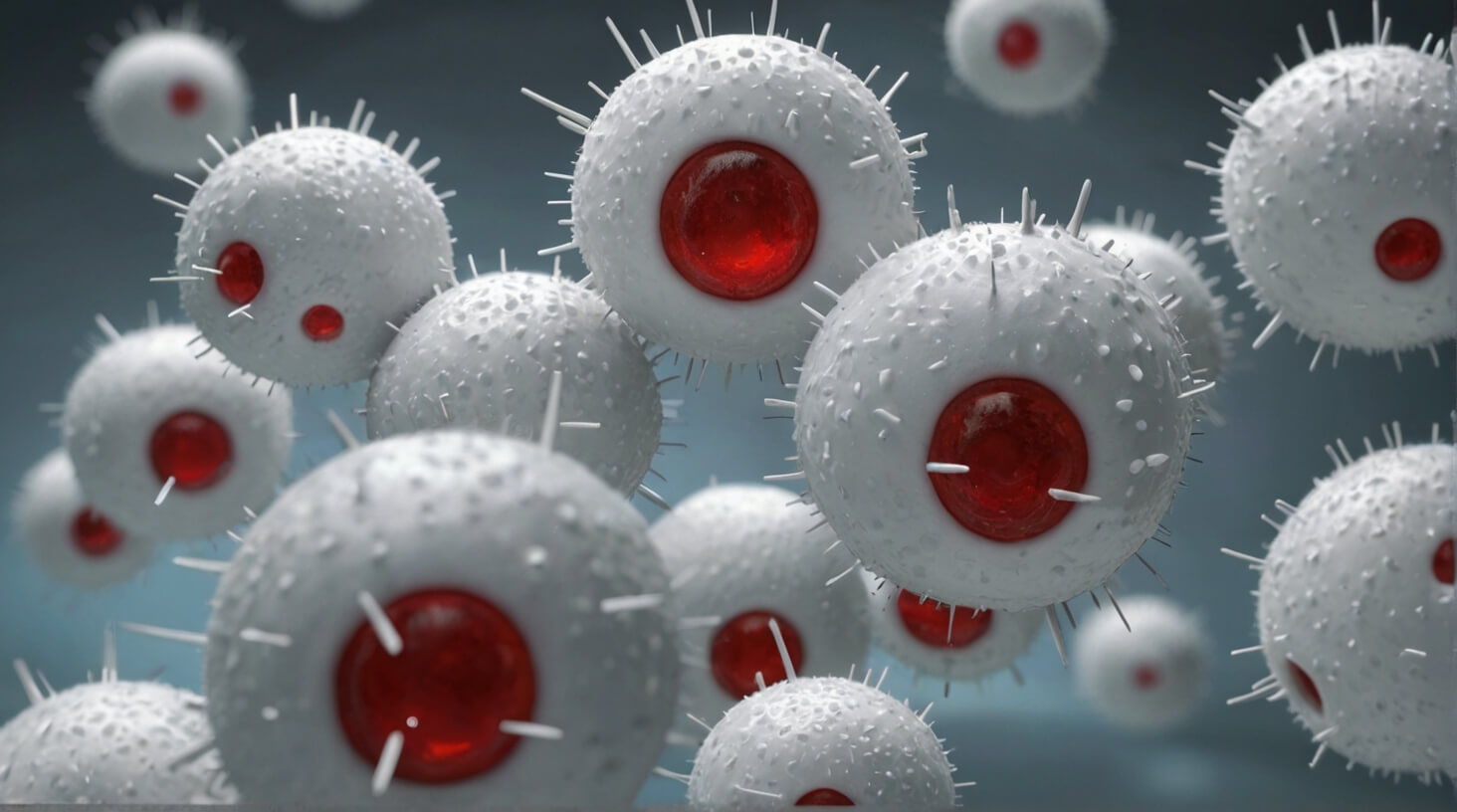
Your body’s white blood cells are like superheroes, protecting you from infections and illnesses! They came from the bone marrow, which is present inside your bones. The types of white blood cells that make up the immune system include:
- B lymphocytes – Produces antibodies that recognize specific invaders
- T lymphocytes – Helps regulate other white blood cells and defends against viruses
- Monocytes – Responsible for engulfing and destroying bacteria
- Granulocytes – Your body can fight parasites, fungi, and some cancerous cells using special white blood cells. As we get older, our bodies make fewer of these cells, which can make us more likely to get sick. To stay strong and healthy, we need to exercise, eat nutritious foods with vitamins and minerals, and manage stress. These actions help our body’s cells work well and keep us protected.
Making white blood cells is a complex process in our bodies. Hormones like cortisol and epinephrine help control this process. They send signals to produce specific types of white blood cells depending on the kind of danger from invaders. When we get a bacterial infection, cortisol tells our immune system to make more granulocytes. These granulocytes are like soldiers that fight the bacteria to keep us healthy. Our bodies work together to fight off infections and keep us healthy.
To stay strong and healthy, we need to understand how our bodies respond to threats like infections and aging. Being proactive by exercising and eating a balanced diet can support our health and energy. It helps us live life to the fullest!
Role of White Blood Cells in Immune Defense
Your white blood cells are like superheroes that protect you from infections and illnesses. They work together as a defense system to keep you safe.
When harmful things try to enter your body, the white blood cells act as guards and warn the rest of the body’s defenses. They can detect bad bacteria and viruses, and then they start to eat them up. After that, they send signals to other parts of the immune system for help.
White blood cells help other parts of the immune system communicate with each other. They produce special molecules called cytokines that guide other cells to attack and destroy invaders.
Without white blood cells, our bodies wouldn’t be able to fight off diseases, and we could get sick easier.
So, thanks to our awesome white blood cells, we can stay healthy and protected from harmful germs!
Development of White Blood Cells
Understanding how white blood cells develop is important for knowing their important role in keeping us healthy! The process is complex and involves different stages:
- Cell signaling: Special proteins called cytokines signal the body to make white blood cells. This starts the development of new white blood cells in the bone marrow.
- Immune activation: White blood cells mature and get activated when they detect foreign invaders. This triggers an immune response to protect against diseases.
- Differentiation: After getting activated, white blood cells change into different types. These are the B-cells and T-cells in which its type has its special job in fighting infections.
White blood cells are not only for fighting infections. They help with wound healing, inflammation, and fighting chronic diseases like cancer. They provide our bodies with a strong defense system to stay healthy and fight off diseases.
Diseases Associated With White Blood Cells
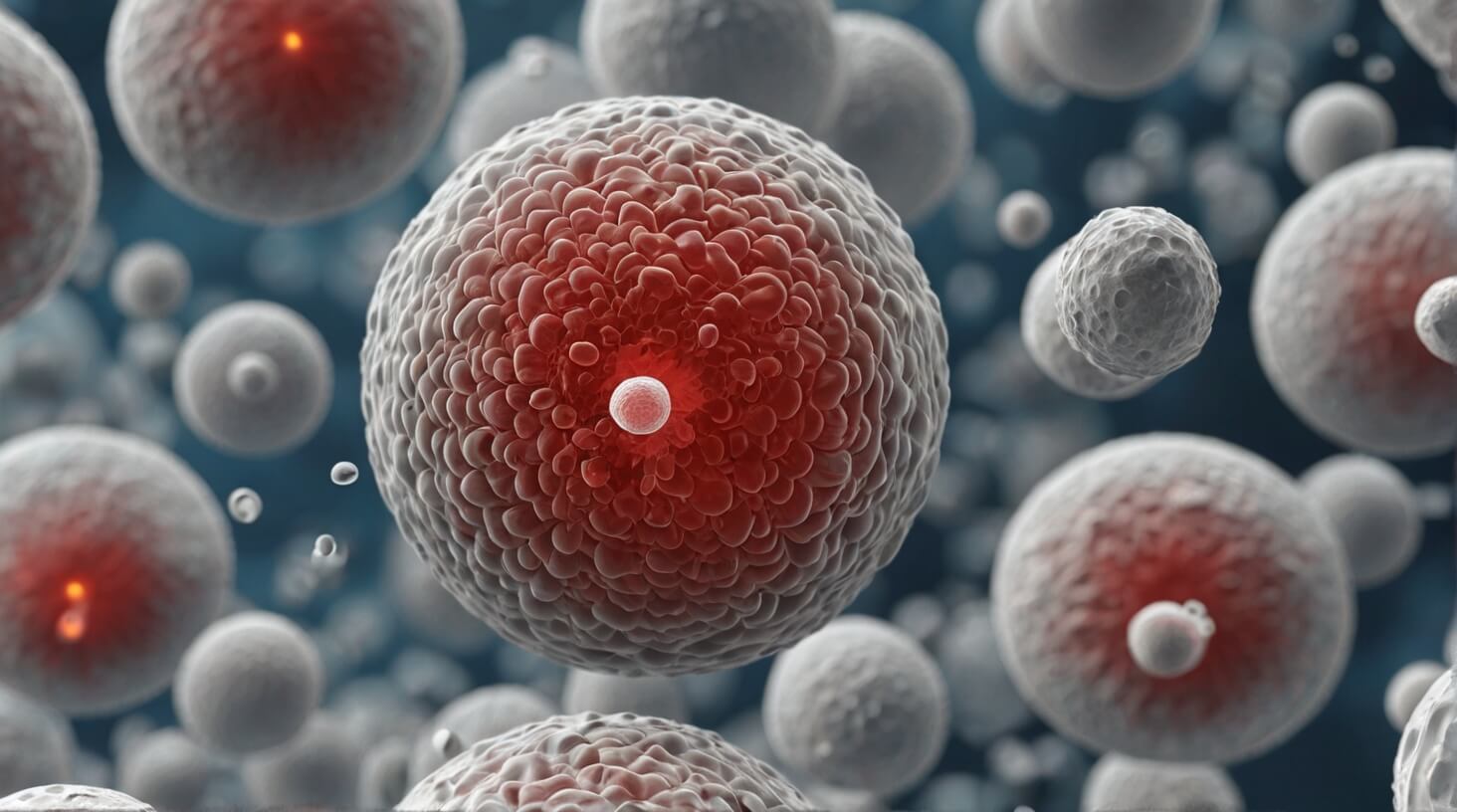
Discovering diseases related to white blood cells can be exciting. White blood cells are superheroes in our body’s immune system. They protect us from infections and even some conditions where our immune system attacks healthy tissues.
One common type of disease caused by white blood cell issues is the autoimmune condition. In these cases, the immune system mistakes healthy parts of our body as enemies and attacks them. Some examples are rheumatoid arthritis, lupus, and sclerosis. Treatments involve calming down the immune system to stop the damage.
White blood cells fight off infectious diseases. They recognize harmful bacteria or viruses and attack them before they can harm us. Vaccines help our white blood cells remember these bad guys, so we can prepare to fight them in the future.
Sometimes, there are problems with white blood cells that can cause health issues. It could be a minor issue or a serious one where the immune system is weak, leading to frequent infections. Sometimes, we can have issues with our white blood cells because of our genes or medicine like chemotherapy and radiation. These things can change how our white blood cells work. Doctors can check these issues through a simple blood test called a complete blood count (CBC).
Understanding how our white blood cells work and the diseases they can face helps scientists and doctors keep us healthy and strong!
Frequent-Asked Questions
How does the body detect white blood cells?
Your body can detect white blood cells through immune recognition. This happens when a white blood cell finds and sticks to a target cell by releasing signaling molecules. These molecules activate receptors on the target cell’s surface. When they bind together, the immune system gets triggered to protect the body from any harm caused by foreign material. Immune recognition is essential for your body to fight infections and diseases. It helps your immune system recognize invaders and respond fast to keep you healthy.
What foods can I eat to promote white blood cell production?
To boost your white blood cell production, eat certain foods and take dietary supplements. Try immune-boosting foods like fatty fish, yogurt, garlic, seeds, and citrus fruits. They have vitamins, minerals, antioxidants, and probiotics that help your body make more white blood cells. Vitamin C is a dietary supplement that can promote white blood cell production. Eat a balanced diet with lots of nutrient-rich foods for the best results.
Are there any lifestyle changes that can improve white blood cell function?
You can improve your white blood cell function with some easy lifestyle changes. Doing exercises like running or weight-lifting can help boost your white blood cell count. Plus, make them better at fighting infections. And don’t forget to get enough sleep! Making sure you have a regular bedtime routine and sleep in a dark room will help your body rest and stay healthy. These simple changes can make a big difference in how well your immune system can protect you from getting sick.
What is the difference between white blood cells and antibodies?
White blood cells and antibodies are both important parts of your body’s immune system.
White blood cells can move around in your body and recognize foreign invaders like bacteria and viruses. They work to fight off infections and keep you healthy.
But, antibodies are proteins that attach to harmful foreign bodies, like viruses and bacteria. This helps to disable them and prevent them from causing harm to your body.
Both white blood cells and antibodies work together to protect you from getting sick. They are like superheroes for your immune system!
What are the long-term effects of having a low white blood cell count?
Having a low white blood cell count can make your immune system weaker. This might lead to autoimmune disorders because your body can’t fight off germs like it should. You could get sick more often and take longer to get better.
To fix this, you might need a blood transfusion with healthy donor blood that has enough white blood cells. This will help bring your levels back to normal and make you feel better.
It’s important to check your white blood cell count to know if you’re healthy or if something might be wrong.
You have seen how white blood cells play an important role in immune defense. The body produces these cells to help protect against invading bacteria and other pathogens. They provide a way for the body to recognize its own cells, allowing it to distinguish between healthy and unhealthy ones. White blood cells act as sentries, scanning our bodies for any sign of danger and mobilizing an army of antibodies if needed. Like a tuned orchestra, each type of white blood cell has its own part to play in maintaining a strong immune system. White blood cells protect us from disease-causing germs, making it easier to defeat them. Without white blood cells, we would be vulnerable to these germs.

